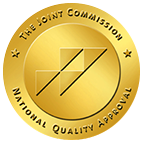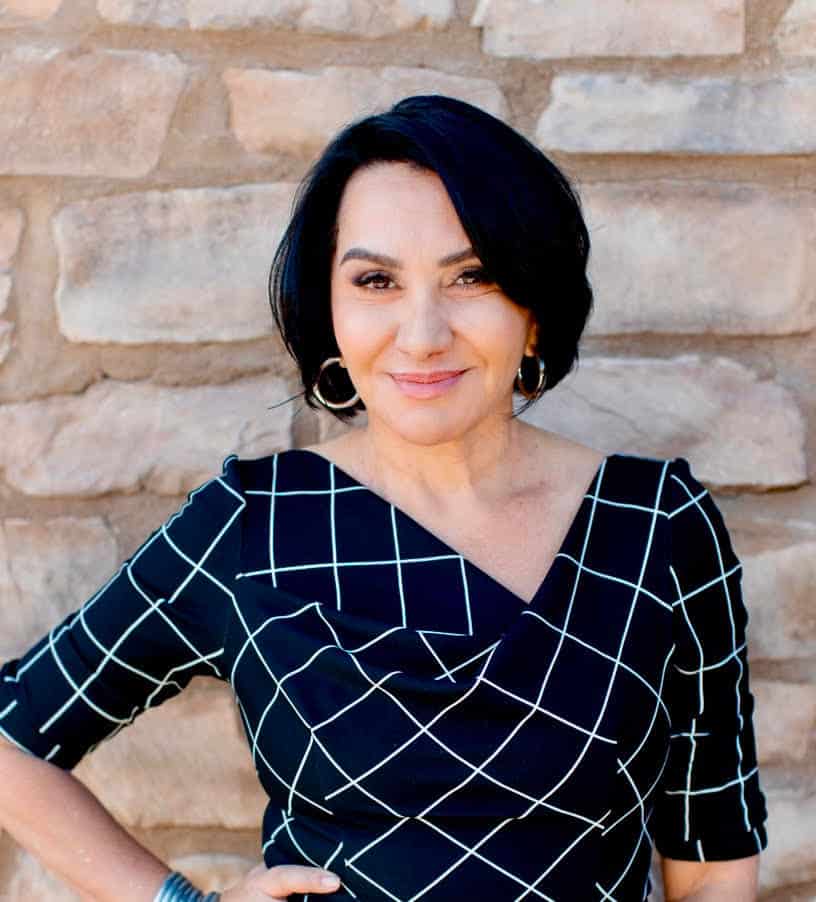Am I An Alcoholic?
Alcoholism Self-Test

Take Our Alcoholism Self-Test
A 2019 study revealed 25.8% of adults admitted to binge drinking in the past month.
Drinking alcohol has become an ingrained part of the American culture. We can’t get away from beer advertisements or home decor focusing on drinking a glass of wine.
While many people’s drinking habits start innocent enough, it’s something that can quickly spiral out of control. If you’ve started wondering, “Am I an alcoholic?”, make sure to keep reading.
Below is an “Am I an alcoholic?” quiz for thorough self-evaluation. We’ll also review the health effects of alcoholism and how to seek help if necessary.
This online screening is not a diagnostic tool. Only a trained medical professional, like a doctor or healthcare professional, can help you determine the best treatment for you.
Alcoholism: Signs and Symptoms
Before checking out the quiz, it’s important to review several signs of alcoholism.
Whether you’re keeping an eye on yourself or a loved one, knowing these signs is important for catching an addiction before it’s too late. It’s not easy to admit you’re experiencing symptoms of substance abuse, but it’s the first step towards freedom.
Common signs of alcoholism include but aren’t limited to:
- Isolation
- Engagement in risky behaviors- unprotected sex, gambling, drunk driving, etc.
- Increasing tolerance to alcohol
- Suffering interpersonal relationships as a result of substance abuse
- Interruptions at work and school
- Experiencing withdrawal during periods of not drinking
- Brain damage
- Memory problems
- Lung disease
Associated Risk Factors
Even if you’re not addicted to alcohol, take time to review common alcoholism risk factors. Understanding these factors will help you refrain from entering a cycle of addiction by increasing your awareness.
Common risk factors of alcoholism include but aren’t limited to:
- A family history of alcoholism
- Extreme feelings of anxiety or stress
- Past trauma
- Binge drinking episodes
- Living in an environment where alcohol is easily accessible
Taking The Quiz
Please note this quiz isn’t an official diagnosis. It’s a tool for self-evaluation and educational purposes.
If you believe you or a loved one is struggling with addiction, seek professional help. We’ll address ways to find help later on in this article.
As you go through these alcohol quiz questions, be honest and open with yourself. It’s best to take this quiz with a sober mind.

Do I Tend to Overdrink?
Heading out for the occasional drink with friends is not usually something to be concerned about. However, those suffering from alcoholism tend to drink much more than they plan to.
A couple of beers with friends quickly escalates to 8 or 9 beers. Or a glass of wine on the couch turns into an empty bottle.
Do you find yourself drinking much more than you plan to? This may be a sign of alcohol dependence.

Am I Often Seeking Opportunities to Drink?
Whether someone is addicted to alcohol, drugs, or gambling, they’re often focusing on finding opportunities to continue their addiction. For example, someone struggling with alcoholism might encourage coworkers to relax with a few drinks every day after work.
Many times, urges to continue the addiction come about at random and inappropriate times. You may start craving a drink while playing with your kids at the park or grabbing groceries at the store.
These urges can become so severe that individuals will start risking the safety of themselves and others. They might start hiding alcohol in a bag or inconspicuous container to have with them throughout the day.
Are you often focusing on the next time you can have a drink?
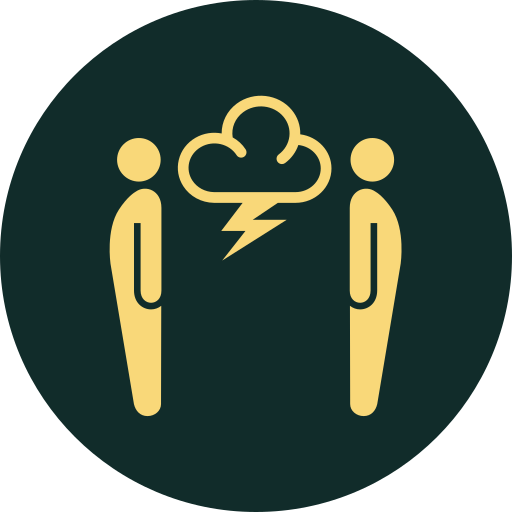
Are My Relationships Suffering From My Drinking?
This is one of the most difficult alcohol quiz questions to answer because it requires taking an honest look at your interpersonal relationships. But keep in mind that the quality of your relationships is a strong indicator of a possible addiction.
Alcohol addictions often lead to distrust, a loss of intimacy, frequent arguments, and isolation in relationships. Some friends and family may even cut themselves off from a struggling individual if the addiction becomes severe.
Have your loved ones made their boundaries clear yet you continue to drink? This is a sign of alcoholism.
It’s also helpful to take a look at your current social groups. Have you started navigating towards friend groups who also enjoy heavy drinking? This is also a sign.
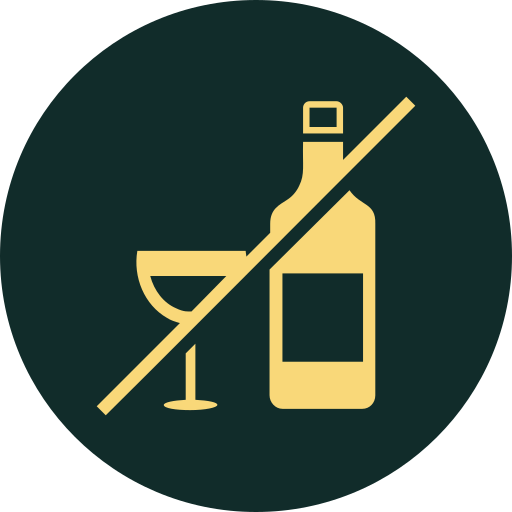
Have I Tried to Stop Before?
Stopping a cycle of addiction is hard, especially if you’re doing it on your own.
If your drinking habits have returned after attempting to stop in the past, this is a strong indicator you’re struggling with a severe addiction. Reach out to a professional to work towards an addiction-free life.
Are you afraid to seek professional care on your own? Sit down with someone your trust. Admit your addiction, and ask if they’re willing to support you as you reach out to nearby recovery resources.
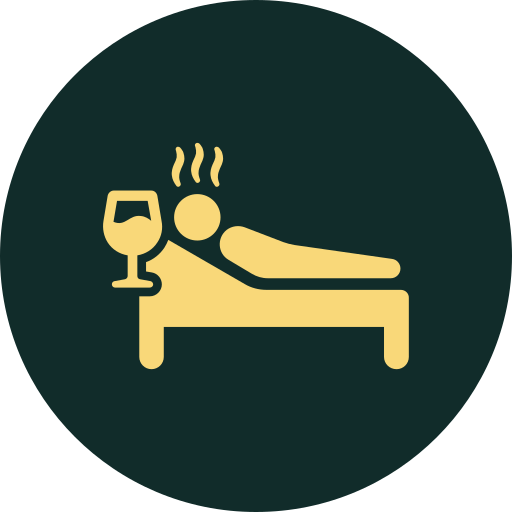
Do I Spend a Majority of My Time Recovering From Alcohol?
Binge drinking often results in hangovers or symptoms of withdrawal when an individual isn’t drinking.
If you find yourself in cycles of drinking and recovery, more than likely, you’re struggling with alcohol dependence.
Symptoms of hangovers include:
- Dry mouth
- Headache
- Nausea
- Fatigue
- Extreme thirst
- Sweating
- Anxiety
- Memory problems
- Lung disease
In more extreme cases of withdrawal, you may experience:
- Rapid heart rate
- Stomach pains
- Tremors
- Seizures
- Hallucinations
- Shakiness
Seek medical attention immediately if you’re experiencing signs of severe withdrawal.
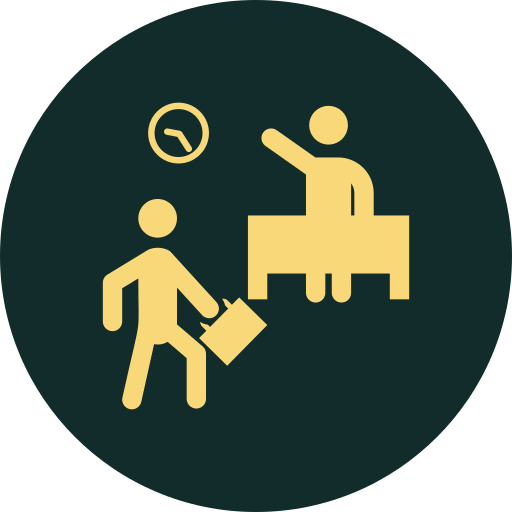
Are My Habits Affecting My Responsibilities?
Addiction often interferes with an individual’s ability to keep up with their responsibilities. They find themselves letting go of their routine to seek opportunities of drinking or to recover from a recent episode of binge drinking.
Has alcohol caused you to loosen your grip on projects at work? Have you started skipping out on attending your children’s sports games? Are you no longer studying with your classmates?
Don’t let the snowball roll too far down the hill. Letting go of responsibilities and social relationships results in isolation, which can then lead to depression.
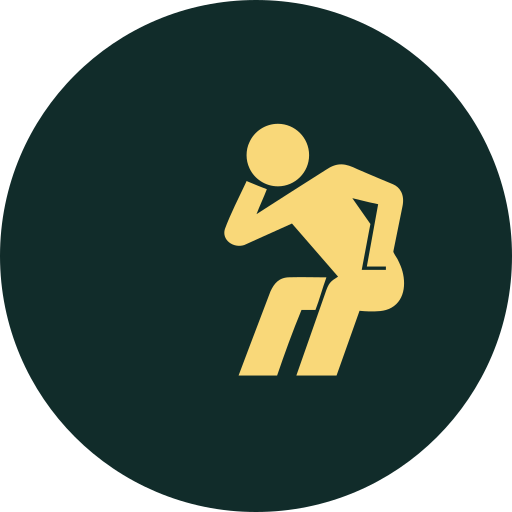
Have I Lost Interest in Other Hobbies?
One of the major signs of alcoholism is no longer being interested in hobbies that used to bring you joy and excitement.
Before becoming addicted, many individuals enjoyed exercising at the gym, writing music, painting on the weekends, etc. But when alcohol started to take over their lives, they started to find little joy in hobbies.
Don’t let alcohol take the place of your healthy hobbies. It’s never too late to seek help from your addiction.
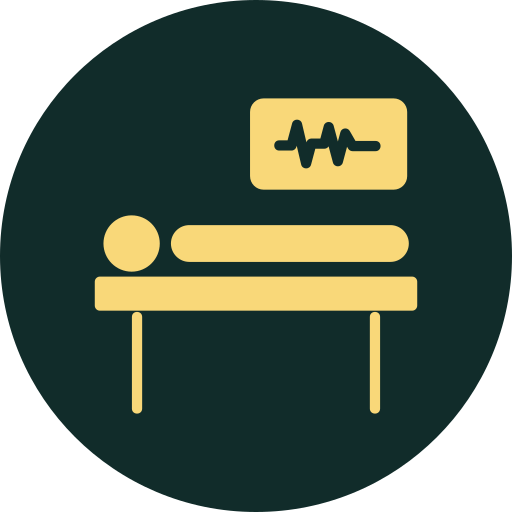
Do I Continue to Drink Despite Health Problems?
Alcoholism causes a variety of health issues including, but not limited to:
- Digestive issues
- Liver damage
- Memory loss
- Depression, anxiety, other behavioral health concerns
- Heart disease
Many individuals struggling with addiction continue to drink even after experiencing health concerns. The continued alcohol use only worsens their health and expedites negative results.
Unfortunately, some individuals are so deep into their addiction that they don’t recognize the connection between drinking and their health concerns. Loved ones are then burdened with the responsibility of highlighting the connection.
Evaluating Your Results
If you answered yes to a number of the above questions, there’s a high chance you’re struggling with addiction.
You may be feeling anger, disappointment, embarrassment, shame, or other negative emotions. While these emotions are valid and normal, it’s important to remind yourself there’s no shame in seeking help.
Recovering from alcoholism is possible, and there are plenty of resources available to you.
Getting Help
Make the commitment to yourself that you want to get better. This commitment will encourage you to remain open to receiving help during your recovery process.
The recovery process isn’t easy, and the length of it depends on the severity of your addiction. You might be faced with past trauma, feelings of shame, and other emotional issues while in recovery. Work with your support system as you face these battles.
Another major part of making the commitment of recovery to yourself is letting go of those who don’t encourage your recovery. Refrain from spending time with individuals who enable your drinking habits.
As much as we’d like there to be, there’s no magic equation to treating addiction. It’s important to choose a treatment option that works best for you and your lifestyle while also keeping in mind the severity of your addiction.

Group Therapy
Individuals struggling with addiction find it helpful to regularly attend group therapy sessions. Group therapy sessions are beneficial to those not needing in-patient rehabilitation treatment or individuals wanting to maintain their support system once exiting a treatment center.
Once finding a nearby group therapy session, hold yourself accountable to attending the sessions. If you’re struggling with accountability, chat with the lead therapist about helpful tips they can offer.
You can often find nearby groups by contacting local therapist offices, religious organizations, or recovery centers.

Inpatient Rehabilitation
If you find it beneficial to be surrounded by around-the-clock support, an in-patient rehabilitation center could be the option for you! It’s especially beneficial for those struggling with severe, ongoing addictions or for individuals who live in environments enabling their addiction.
Inpatient rehab centers offer trained teams of nurses, counselors, and physicians to aid patients in recovery. Patients are carefully monitored by the team of nurses and are often required to attend group sessions and other activities during their time in rehab.
Many people stray away from attending in-patient services due to the cost. However, the investment in recovery far outweighs the effects of addiction.

Outpatient Rehabilitation
For those with a milder addiction, attending an outpatient rehabilitation center is helpful. It allows the patient to find accountability in daily support while being able to maintain a life at home.
Outpatient centers usually require a certain number of check-ins throughout the week, whether it be for group support or doctor appointments. It’s important to remain committed to your check-ins, even during busy weeks at work.
Chat with your local rehabilitation center about their day program options if you’re needing more consistent support during recovery.
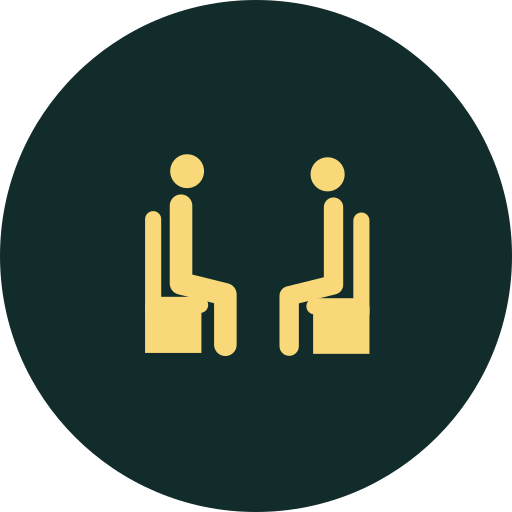
One-on-One Therapy
Are you showing mild signs of alcoholism? Are you struggling with occasional temptations?
While you may not need the rigidity of inpatient support, attending one-on-one therapy sessions is important to battle temptations. Find a therapist that specializes in addiction treatments.
Your therapist will offer new ways of thinking, provide space for looking deeper at past trauma, and aid in building healthier habits. All of these things are beneficial in beating addiction.
If you find yourself struggling more with addiction as time goes on in therapy, be honest with your therapist. Ask about their suggestions concerning rehabilitation services and group therapy support.
Am I An Alcoholic?
Addiction is seen as a scary, lurking monster preying on helpless victims. It’s easy to focus on the dark sides of addiction while forgetting about the freedom that’s ahead.
We want to offer encouragement by highlighting the things you’ll experience as you start to overcome your battle with alcohol.
You’ll start finding enjoyment in past hobbies, and you’ll find greater comfort in relationships with loved ones. Your health will improve, and your mind will feel clearer and less burdened.
Things won’t always be easy, but there’s a light at the end of this dark tunnel!
Use the above self-evaluation to determine whether or not you’re struggling with addiction. Keep in mind recovery is possible and there are plenty of professionals available to help. Find freedom on the other side.
New Method Wellness offers a variety of addiction treatment services, including wolf and surf therapy. Explore the rest of our site to discover our extensive list of treatment options, and take a virtual tour today.
Related Topics
Our Services
Clinically Reviewed By:
Deanna J. Crosby, M.A., LMFT, LAADC, Psy.D. (C)
Deanna Crosby is a Licensed Marriage and Family Therapist (LMFT) with over 20 years of experience working with clients in recovery. Her expertise has catapulted her into the spotlight. Featured on several episodes of the Dr. Phil Show as a behavioral health expert, DeAnna is a routine contributor for NBC News, The Huffington Post, Elle Magazine, MSN, Fox News, Yahoo, Glamour, Today, and several other prominent media outlets.
After receiving her bachelor’s degree from the University of California in Irvine, Crosby did postgraduate work at Centaur University where she graduated at the top of her class with a CAADAC certification in Centaur’s chemical dependency program. Following her time at Centaur, Crosby received her Master of Counseling Psychology degree from Pacifica Graduate Institute, where she also attained a Doctoral Degree in Depth Psychology.
TAKE THE FIRST STEP
From all of us at New Method Wellness co-occurring treatment center, we wish you peace and serenity in knowing that you or your loved one will get the necessary help.
ACCREDITED BY:
